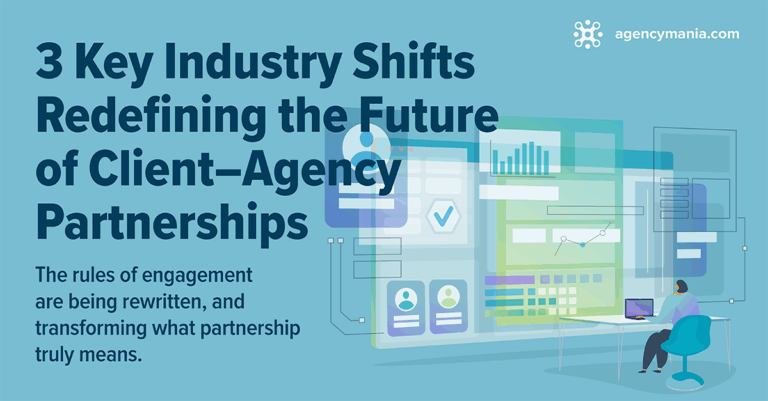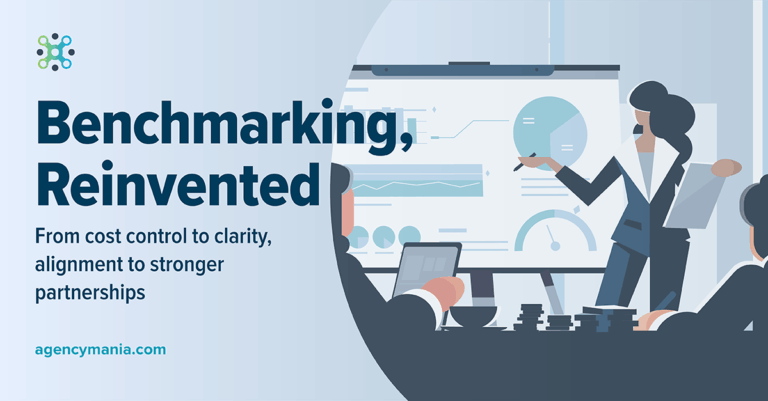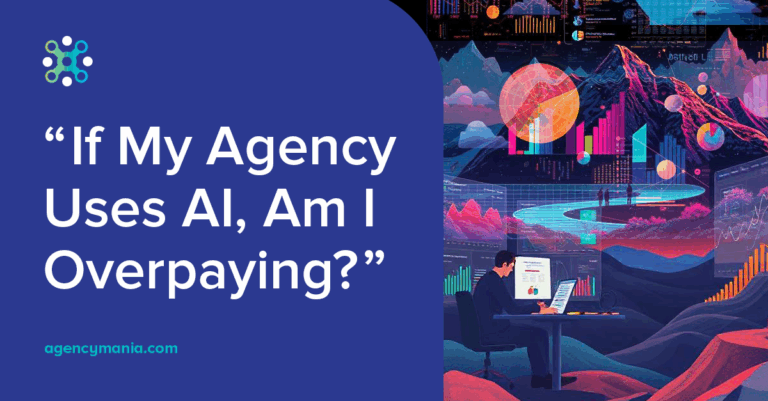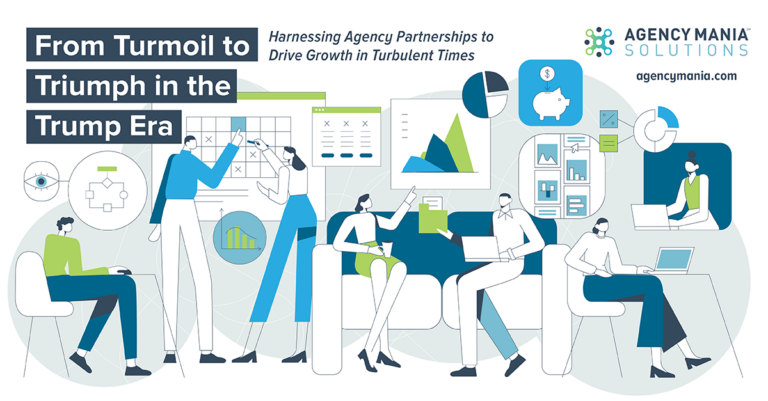Why Are Advertisers Rapidly Shifting to Custom Software for Managing Agency Partnerships?
Imagine you are getting ready to attend your best friend’s wedding. You want to look and be your absolute best. Yet everyone is required to wear the exact same tuxedo or dress – which comes in only one size, no matter how big or small it might fit. That might seriously compromise your experience. Well, the same can be said of how you manage agency partnerships and the type of agency management software solutions you rely on to do so.
Too often, advertisers must conform to using “off-the-shelf” (aka “out of the box” or “generic”) software imposed on them. The results: solutions that are ill-fitting, falling short of meeting expectations. It is now known that “fits all” agency management software commonly fails to meet the constantly evolving needs of leading brand advertisers. Most advertisers have unique business and operational requirements. They have their own taxonomy and workflows, many of which have been developed, refined, and matured over the years. The idea that they should throw those away and start from scratch to adopt the generic requirements of software written for the masses is nonsensical. Although it might be appropriate in some instances, this type of software is unsuitable to address a new range of agency management activities. Here is why generic software is simply obsolete and ineffective at managing agency partnerships:
- Agency Management is a category in constant flux requiring maximum flexibility: Marketing is the primary stakeholder organization benefiting from agency management software, alongside procurement. Yet, marketing is increasingly more complex and marketing needs are rapidly evolving, requiring ongoing resets and adjustments: budget resets, new ways of organizing brands or business units, etc. The rate of change is high, so flexibility is key.
- Diverse group of users look for familiar UI: Marketing users are pressed for time and already have a lot on their plates. They tend to resist any solution that is not designed to make their use case as time efficient and easy as possible. Agencies are often required to access the solution and submit data. Using their time wisely translates into lower costs for clients. For example, their ability to use a solution that is both flexible and tailored to their needs prevents unnecessary pushback and concerns over client data requirements.
“Off-the-shelf” software should stay, well, off YOUR shelves
Generic software presents some benefits, especially in highly mature industries where there is one commonly accepted way to handle specific tasks. In managing agency partnerships, however, the reality is that this type of software presents far greater downsides than upsides:
- Long learning curve: Most companies have a way of getting things done that is unique to them. They’ve likely spent years developing these processes. Suddenly, they are expected to learn a new way of completing their tasks, a new taxonomy, and sometimes must ignore features that might not be relevant to their use case. The end result: significant time learning to use “off-the-shelf” software.
- Over complicated or too simple: Requirements are likely to vary significantly from company to company. One company might have a simple approval process with fewer individuals involved, while another may have multiple levels of approval required. One company may have a simple taxonomy, while another may have a more complex one. None are either right or wrong. By adopting a solution that is too simple or too complex, a company will make significant tradeoffs and fail to get the most value.
- Adoption and satisfaction issues: Marketers are very busy people. They are busy performing their craft and have little patience or appetite for spending excessive time having to learn a new way of completing tasks. Naturally, many will resist using “off-the-shelf” software that ignores their natural workflow or expectations. The end result: Satisfaction issues quickly emerge and adoption suffers.
- Too rigid and unable to evolve: No matter how good the original implementation is, no company continues to operate under their original assumptions over time. Companies go through various reorganizations – new leadership, new teams, new structures, new business units or brand portfolios, and new ways to organize around those. This is the reality of today’s corporate environment. Companies also change their operating processes from time to time. They adjust their workflows or approvals. The software they use to manage their agency partnerships must adapt to these changing requirements.
A Custom Approach to Managing Agency Partnerships
No company is ever set up to operate the same as another. Not even in the same industry do they operate identically or manage agency partnerships the same way. After all, this is often what makes them so successful. Conformity rarely contributes to greatness. Every company has a different model, different agencies, different expectations, and different ways to engage with their agencies. Contrary to generic software, custom or “bespoke” software is intentionally designed around the unique requirements and needs of every client.
As a result, the learning curve is short to non-existent, as the software behaves in the way people naturally complete their existing tasks. It’s simple where it needs to be and more complex when required. Adoption is high as users tend to enjoy the simplicity of tasks so intuitive and familiar to them. Finally, brands are not stuck with out-of-date software, as a custom solution can easily be updated to respond to the changing requirements of the organization. So why conform to something that is not designed for you and simply won’t fit?
As managing agency partnerships becomes more complex, “off-the-shelf” agency management software simply doesn’t belong on the shelves of demanding advertisers. In recent years, many advertisers have shifted to a more custom approach, perfectly adapted to their needs, allowing them to manage their agency partnerships more effectively and drive greater ROI and value for their organization. A solution must always be built around expectations, not the reverse.
By: Bruno Gralpois, Co-Founder & Principal, ANA Faculty
Published on: May 22, 2019
Also Seen on ANA






